Kishore Chandra Deo, born in 1947 to a royal family in Andhra Pradesh's tribal community, has been active in political and social life for the past fifty years. He has been elected five times to the Lok Sabha and once to the Rajya Sabha. He is known as a loyal, balanced and studious leader of the Congress party. He was the Minister of State for Steel, Coal and Mines in the Janata Party government in 1979-80.
In the period 2011 to 2014, He was the Cabinet Minister for Tribal Development and Panchayat Raj. In 2019, he left the Congress party and joined the Telugu Desam Party.
He is known as a leader who has a correct and positive stance on tribal issues. His scholarly and prudent approach has been proved while working on various types of parliamentary committees. Hence, he is interviewed for this issue of Sadhana Weekly published on 15 Aug 2022. A Marathi translation of this interview has been published in that issue. This interview gives an epitome of what wisdom is all about.
Sir, I would begin our conversation with the fact that you were born in a tribal royal family of Kurupam, Andhra Pradesh and belong to the Konda Dora scheduled tribe community. In those days you completed your higher education which is a master's in political science. We would like to know about your upbringing in childhood, teenager and as a youngster.
- In those days when my father was alive, Madras was the capital of the composite states. We became a separate Andhra Pradesh only in 1954. Madras was a good place for education and as I lost my father at a very young age so my mother took all of us siblings to Madras for education over there. So, the whole of my childhood and youth until I finished my master's, I was in Madras. As our village was on the overnight journey from Madras every holiday that we had, we used to spend time in our village. Being a student, I used to study, play sports, and participate in games and other associated activities.
However, throughout our childhood, we were made very conscious of the fact that we come from a different family background concerning our culture. My mother and family made sure that we never lost touch with our grassroots and cultural heritage and with the customs that were followed for ages.
Sir, your social life extends for more than a half-century, and we would like to know the glimpses of your journey during different phases of this period.
- After I finished my studies I got married and we went to our village in 1970. So, since 1971 till now that is for more than 50 years my headquarter has been my village. My ancestors were hill chiefs of that area. It was not like Jaipur or Baroda, or the Jodhpur dynasty. So, I would go to our village to do some agriculture, and meet people and discuss their problems. Even after when I came to parliament for the first time in 1977, whenever parliament was in session I used to be in Delhi and the rest of the time I use to be in my village as it was also the heart of my parliamentary coco constituency
What was the striking point for you to decide and devote your time to the tribal community, I mean was it a lineage you derive from your family or was it a conscious decision made by you?
- You see, first of all, I am a part of them. We have seen our people being exploited, oppressed, and living in deprived conditions for a very long time. Once I went to my village and stayed there, I found that lots of atrocious practices were continuing. Once I got to know that, I thought that it is high time that someone has to do something about this. Hence, when I went to Parliament being a representative my first duty was to project the problems of my people because charity begins at home and to see what best I could do to improve conditions of living over there.
Sir, you are 75 years old now and it's also been 75 years in 2022 since India got independence. It means that you have experienced and witnessed the development of the post-independence era. How much do you think the situation of the tribal community has changed in these 75 years? How much development has independence brought into their life?
- See the answer to your question will be both yes and no. There has been some development but it has been very marginal compared to what one would expect in the last 75 long years. Secondly, there are many areas which are still living in the dark ages like the Middle Ages. I will give you one example. There is a place in Chhattisgarh called Abhujmad. A place nobody knows about. 4000 Square miles of land have not been surveyed till today. I am told that some processes have begun last year to create some gram sabha and identify the villages and still people are living there as if they are on a different continent altogether. So, this is the plight of some of our tribal brothers. In some areas near civilisation or near urban areas and towns they may have seen some kind of development. But the development has been very tardy and very slow. Unfortunately, the exploitation, suppression and economic distress our people are in today are as bad or much worse than what it was 75 years ago.
What do you think are the problems faced by the tribal community today different from 75 years ago? Do you think any steps are taken to solve these problems? Is there a group from the tribal community who think that the light of independence has not reached them to date?
- I will tell you what are the problems of the tribal community. Both scheduled caste and scheduled tribe had given reservation under the same article of the Constitution. But the problems faced by scheduled tribes are much more different than scheduled caste people.
In the case of scheduled caste people, it is a social problem whereas ours is the problem of isolation, economic problems, it’s a saga of continuous exploitation, deprivation and suppression. This phenomenon still exists in a large majority in many of the 5th scheduled areas in the mainland of India.
If we talk about statistics, tribal communities constitute around 8% of India's population. In many states, it is considerably high. There are two split opinions. One group is of the opinion that instead of unnecessarily magnifying the questions of tribal people and their culture they should be brought into the mainstream of society. Another group thinks that tribal communities shall be let to preserve their culture instead of forcing on them the concept of modern life. Sir, which one of these two opinions do you support?
- See I think this is an artificially created division. Because after all, what is culture? It is the way you dress, the way you live, the food we eat, the song, music this is what we call culture. When you take them into the modern way of living, why should they clash with culture? For example, in the northeast where I have been as a minister even earlier. Till today you see Nagaland, Mizoram, and Arunachal Pradesh have their festivals. They have different kinds of food, music, and dress that will continue. So, there is no need to suppress us economically with the excuse that culture should be maintained. After all, culture is something different from modernisation. Suppose tomorrow, in some parts some of our people become economically stronger if they keep a car, if they have an air cooler how would it clash with their culture? So, this is what I think is unnecessarily forced by some people who want this community to live in economic distress and economic wants and I don't give any merit to this kind of argument. Rather I feel that you can get modernised without losing your grassroots, tradition and culture.
So, I have only one opinion that their living conditions should improve, economically people should come forward and most of us would like to maintain our tradition and culture. I don't think anybody should attempt to destroy that aspect of it.
While being a Member of Parliament what was your strategy & work to improve the status of the tribal community in society?
- I will tell you that when I got into the Parliament first then we had one committee for scheduled caste and scheduled tribes. First of all, I thought this should be separated. Because their problems are different. So having the same commission for both, you can't do justice to either. So this matter was perceived for a long time and after many years we have a separate commission for both scheduled castes and scheduled tribes. Because of this, their problems will get identified and you can stress them better if each of them has their forum and to some extent, I did succeed in that.
My main contribution even before I became a minister, during 2004 and 2009 when Mr Kendia from the north east was the Minister for tribal affairs. There was a forest rights committee of which I was a chairman. That was a great opportunity for me, I gave a unanimous report consisting of all political parties based on which the Forest Rights Act was enacted in parliament.
As you mentioned about the forest rights act, what is the current situation as far as its implementation is concerned?
- The forest rights act was passed in December 2006 in the parliament but it took more than a year to frame the rules and no act can be implemented unless rules are framed. So, the act came in for implementation in early 2008. Tribal affairs are a concurrent list subject so implementing authority is the state government. At that time, I was holding two portfolios, one was tribal affairs and one was Panchayati raj. Then there was a Panchayats (Extension to Scheduled Areas) Act, 1996 (PESA) for that also I don't think the rules have been made till today in some of the states. So, my job was to perceive the state governments. I used to contact all Chief Ministers; I made my bureaucrats contact chief secretaries and concerned ministers. However, some strong lobbies were working against the implementation of this act. The one was the forest lobby. Many areas were declared as forest areas just by drawing lines on the map and declaring them as forest land. This was done from colonial rule since 1927 when the forest act was first implemented and the same situation continued. So, there was no recognition of rights, and there were no surveys, it was very arbitrary. Just by a stroke of a pen and notification, all the forest dwellers lost their right to livelihood in these areas. Over the years forest departments presided over a very large empire which also had unlimited resources. So, the forest lobby resisted this act by filing various cases in the different courts in different parts of the country.
They also made use of the wildlife lobby saying for the protection of the wildlife this act would be detrimental.
The third and the most powerful lobby was the mining lobby. All these lobbies have huge outreach to government, political, and administrative sides plus the resources to take the litigation endlessly. It was a tough task but nevertheless I perceived that. In fact, as a Minister, I had written to all the Governors that they should evoke their special power given to them under the Indian constitution relating to land and also to invest money in these areas. But it is a sorry state of affairs that not a single governor invoked their powers under the constitution.
The rules which were framed were very hostile to the provisions of the Act. When I became a minister, I had to change these rules. As per section 12 of the Forest Rights Act, I send directions to different states. So, a lot of individuals' rights were granted by states but community rights were wholly neglected. There were many instances when this lobby paid money to illegally go mining. There were reports of such mining going on in Chhattisgarh in the papers, and magazines but after some days we didn't hear anything about what exactly happened.
It has been a very difficult task but the struggle continues.
Land, forest and water are said to be the intrinsic elements in the life of tribal communities. Are these issues used just for political agenda or tribal communities are actually suffering?
- See tribals do farming of small crops and not commercial crops. They do a lot of collection from the forest produce and no tribal does his living by cutting down trees and selling timber. I will give you an example of bamboo. It was not considered a minor forest produce. So, in my forest rights committee I said that bamboo is after all a kind of grass and it regenerates very quickly. So, in the report, we said both the bamboo and tendu leaves which are used to make bidis should be treated as not a part of regular timber. It was approved by the committee of parliament. In Maharashtra in Gadchiroli, there was a village whose income from the panchayat was only Rs.15,000 and when bamboo was given to them as a non timber forest produce it went up almost a few crores so that kind of difference it made. So, this showed us that this was our income but we were not given it to enjoy a lot of it due to the exploitation by middlemen and various agencies for many centuries.
Speaking of the political agenda on the issues of land, forest and water there are speeches to gain political sympathy on these issues. But when it comes to implementation the same enthusiasm and commitment are not there.
The founding fathers of our constitution had anticipated this problem. Hence, we have schedule V and schedule VI wherein schedule V plays an important role when the protection of the land is concerned.
In the next 25 years that is by 2047 what shall be the steps taken for the remarkable development of the tribal community? And what shall be the responsibility of different sections of society like the government, political parties, people from administration, non-governmental organisations, media agencies, and industrial and educational institutions?
- This is a really important question to be addressed. Even before being a minister, my first task was that I would tell everybody that many of our people don't know what their rights are. When the Forest rights act was passed, PESA was passed and tribals living in remote areas were not aware of what these acts are. So, I told every state government to translate them not only into the simple language of their state but there are some local tribal dialects so they should be recorded and explained to these people that these are your rights.
Today many tribal people are not aware of their rights.
Then for exploitation to stop there should be a political will and bureaucracy has also to be sensitive. After I became Minister, I used to have meetings every two-three month with my officers including my Secretary, Deputy Secretary to explain to them the social obligation and why this is being done. I told them that there is a historic injustice done to these people. it's not a freebie or a gift that the government is doing in the favour of the people from this patta. This is what they have been deprived of for the last 100 years that is from 1927 till today.
As far as the NGOs are concerned many of them who are doing good work are doing better work than the government but unfortunately, they are very few. NGOs are very important for doing surveys of what resources are reached up to tribal people to make the government answerable to this.
The media agencies shall highlight the issues of the tribal people. Unfortunately, the corporatisation of these areas by granting different agencies licenses, and access to these areas and diluting this entire thing is also unfortunate. The educational institutions also have a role to play and that is to bring awareness to the tribal people.
So, this is a full package which has to be consistently perceived.
(Part 2 will be published tommorrow)
- Kishore Chandra Deo
Interviewer : Adv. Prachi Patil
ppprachipatil19@gmail.com
ही मुलाखत मराठीत वाचा : आदिवासींचं शोषण थांबवण्यासाठी राजकीय इच्छाशक्ती आणि संवेदनशीलता गरजेची
Tags: Sadhana 75 Tribal Independence Day Kishore Chandra Deo Load More Tags

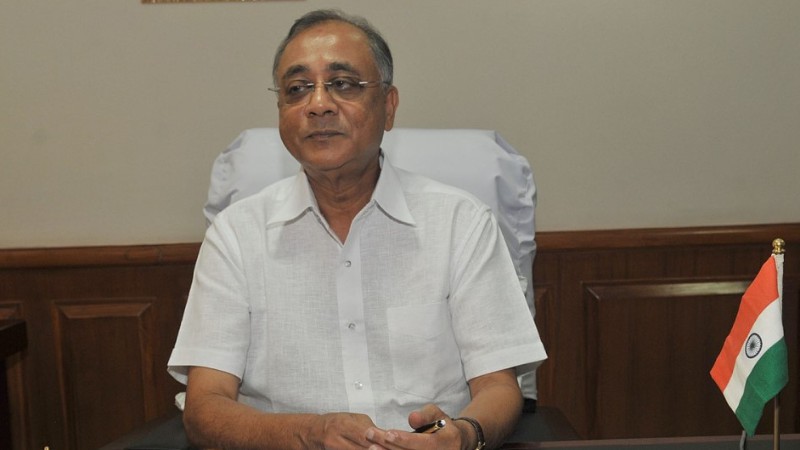
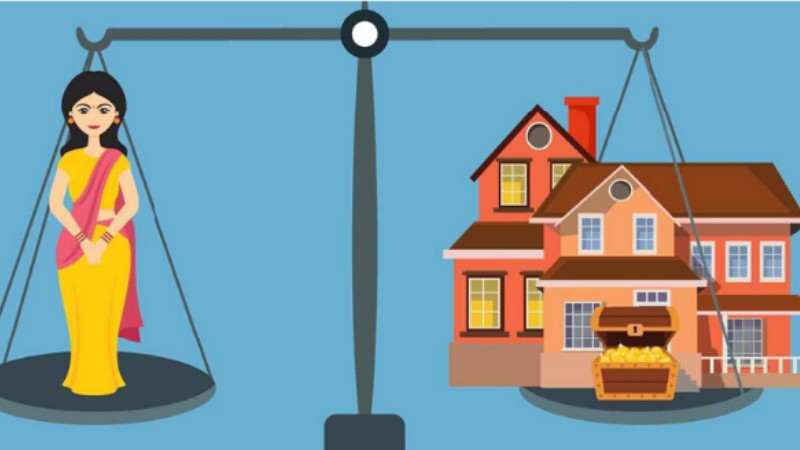
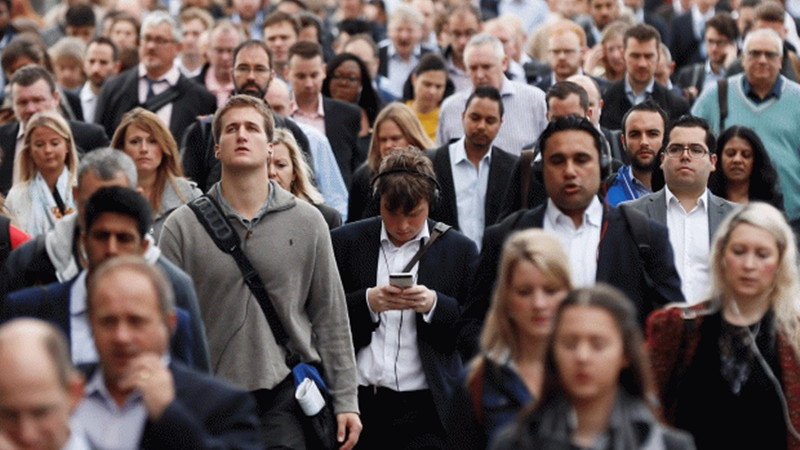
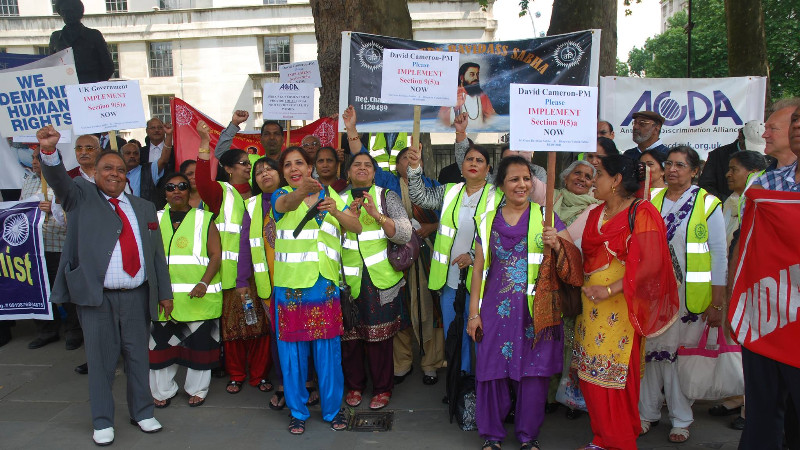
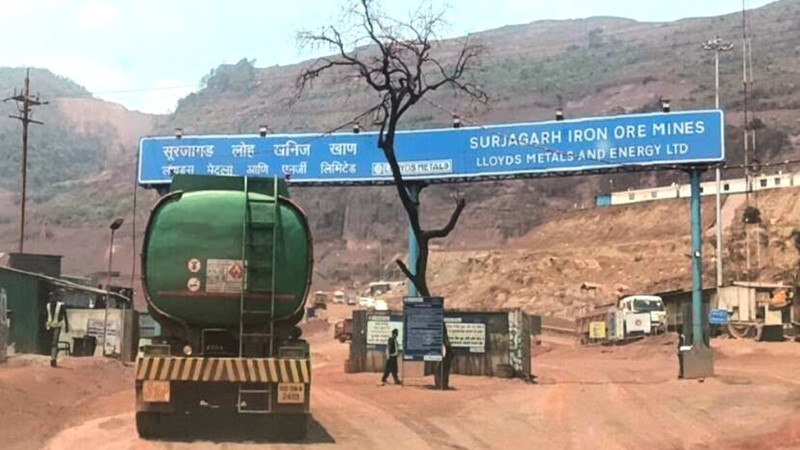
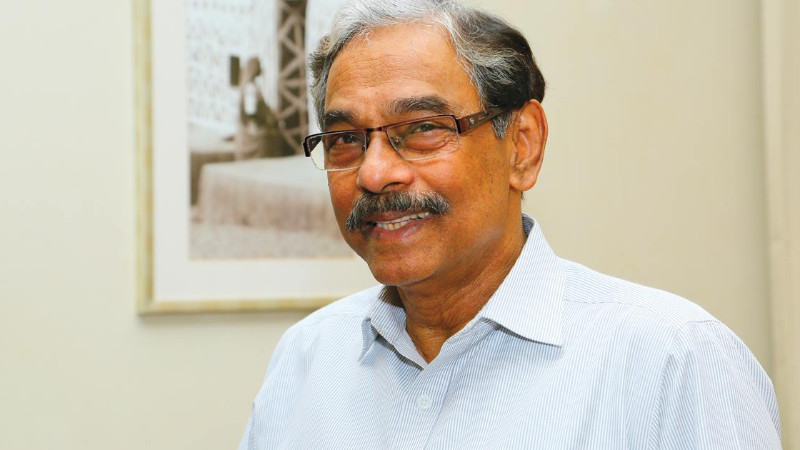
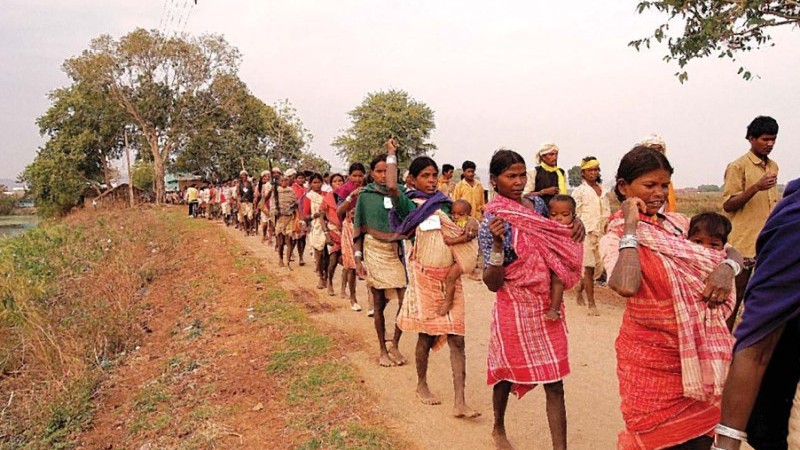

























Add Comment